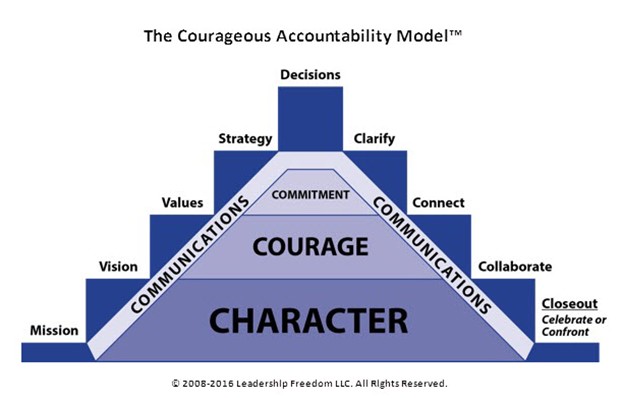There are many good things about this information age and one of them is the ability of multiple media sources to shine and almost instantaneous bright light on corruption—it’s certainly making it tougher to hide unethical behavior. And isn’t it interesting how many successful people, turn to self-serving behaviors to get more money and power, violating basic ethics, policies, and the law to do crooked things.(Is it okay to call them crooks if they are famous or popular with a segment of society?)
Last year we had VW’s disclosure of cheating, Credit Suisse illegal helping people evade taxes, and the FIFA scandal that was deep and wide. Recently Brazil and Argentina have been in the news for ongoing scandals of corruption by government leaders and we’ve had our share as well. Even the Chinese government has an army of investigators trying to reduce the paralyzing impact of corruption. It’s really at every level in every society and that’s because we are human and it’s the human condition. The truth is that we all have some rottenness in our core.
During his time as a political prisoner in the gulag of the Soviets, Alexander Solzhenitsyncame to a radical but revealing conclusion about this problem of humankind and expressed it this way.
Gradually it was disclosed to me that the line separating good and evil passes not between states, nor between classes nor between political parties, but right through every human heart, through all human hearts.
If you have been honest with yourself, you realize that he’s right; we are all vulnerable. That’s why accountability is so important. Accountability is the guardian companion for honor. Accountability helps us keep our commitments, diligently perform our duties, and live by the values we proclaim. It can keep us from drifting off course and perhaps most importantly help us correct back quickly when we do drift.
In my latest book, Engage with Honor (link to https://www.amazon.com/gp/product/0983879370/ref=ox_sc_sfl_title_2 ), I zero in on the core components of our Courageous Accountability Model—Character, Courage, and Commitment.
Character provides the ideal and expected values and associated behaviors that will enable us to live and lead with honor.Core values may be simple in nature, but they’re very difficult to keep. But knowledge of duty, of right and wrong can be rationalized and ignored, it’s not sufficient to keep us on track. We need courage.
Courage is essential to living up to our character ideas. Without it, we will fold when faced with difficult choices. Winston Churchill once commented that
“Courage is rightly esteemed the first of human qualities…because it is the quality which guarantees all others.”
Without courage, we’ll not be able to live up to our desired character values—doubts and fears will take us out and we’ll fold under pressure. We must always be ready to counteract our weakness by employing the Courage Challenge—lean into your doubts and fears to do what you know is right, even when it feels unnatural, unsafe, or uncomfortable. Following this path requires an extreme commitment.
Commitment is like an ever-present mirror that reminds us of our vows, our obligations, our loyalties, and our duties. We cannot look aside and pretend we don’t notice that we are violating our character. Commitment reflects back as a reminder of who we are and what we stand for.
Most of us recognize that good character is the foundation of leadership because it is fundamental to trust—which is the currency of leadership. The problem comes, however, when we just assume we have good character—as almost everyone does. But good character cannot be assumed. Rather, it must be evidenced through courage and commitment when:
– decisions are hard
– vulnerability is required
– reliability is needed
– execution of responsibility is essential
– fear of failure creeps in
– ambiguity and uncertainty develop
– we want to stand up for what we know is right—even when risks are involved
These and many more situations are always hard. It is sound character that counsels and guides us as we face the challenges of leadership. Leaders are held to a higher standard and that challenge is compounded because we are dealing with our own self-interests, along with the public good of our people—all the while being imperfect ourselves.
Our ability to be accountable and to hold others accountable comes down to the core of our identity—as evidenced in our character, courage, and commitment.
Now is a good time to take a hard look at our core. Will it facilitate accountability and serve as the guardian companion for your honor?
Lee Ellis is the author of Engage with Honor: Building a Culture of Courageous Accountability.







